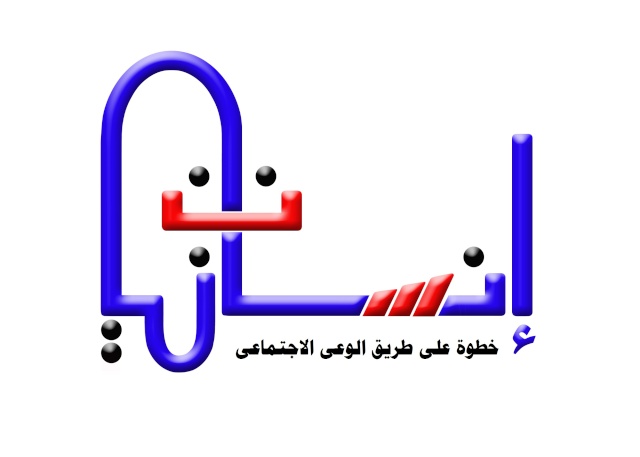 The Arab Economies in a Changing World
The Arab Economies in a Changing World by Marcus Noland and Howard Pack
Format: Paperback, 226 x 156 x 18mm , 365 pp. • $14.97
Publisher: The Peterson Institute for International Economics, 15 Jun 2007
ISBN paper 978-0-88132-393-1
The tragic events of 9/11 and the subsequent war in Iraq have focused international attention on a nexus of problems involving economic underperformance, problematic internal politics, and externalization of domestic dissent in the Muslim world. This book examines the economics of the Middle East, with the aim of identifying changes to economic policy that could address at least the economic component of the challenges facing this part of the globe. The authors analyze the interaction of trade, productivity growth, and the political difficulties that may ensue as these countries move towards greater openness. Relevant comparisons are drawn from the experience of the transition economies and India on potentially successful policies and those likely to exacerbate existing problems.
Contents :
Preface
Acknowledgments
1. Introduction
2. Growth, Productivity, and Income
3. Welfare, Happiness, and Discontent
4. The Demographic Challenge and the Role of Globalization
5. Religion, Institutions, and Growth
6. Economic Policies and Their Effects
7. Attitudes, Interest Groups, and Reform
8. Global Engagement
9. Risk, Credibility, and Supply Response
10. Authoritarianism, Uncertainty, and Prospects for Change
11. Conclusion
References
Index
Download Link:
(Add a comment)
